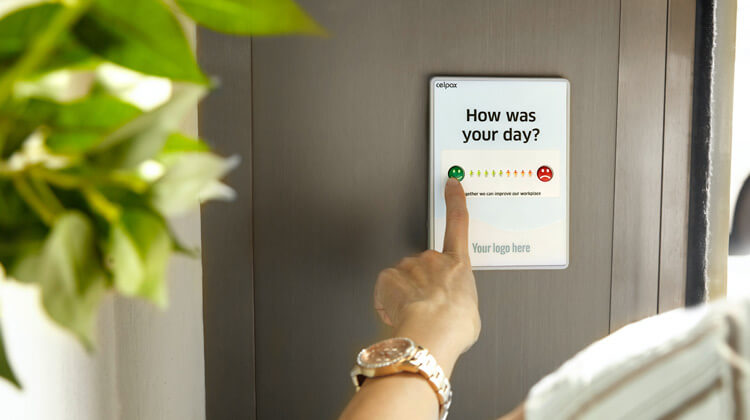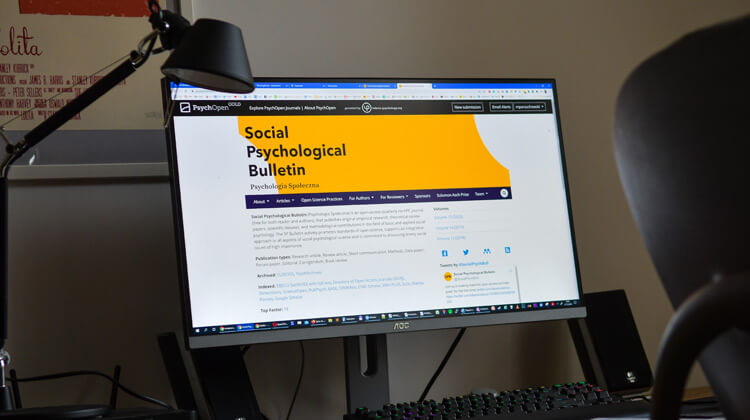It's no secret that time tracking is an important part of any business. But employees dislike it when their work is controlled by managers and computer activity trackers. Time tracking is often seen as a negative thing by employees. Therefore, there are a number of psychological barriers that prevent employees from being productive and from using time tracking software.
Managers should be aware of these psychological barriers and take steps to overcome them. By providing proper training and explaining the benefits of time tracking, managers can help their employees overcome these obstacles and be more productive.
Barrier No. 1: Employees say time tracking is time-consuming
The most common complaint from employees about time tracking is that it takes too long. They're not wrong — if your system relies on filling out an Excel spreadsheet or paper timesheet, trying to recall and enter times can be unproductive.
Investing in a cloud-based product (such as Yaware TimeTracker) is going to help you automate time tracking in a quick and easy way. The program works autonomously, therefore it does not distract employees from work. Payroll calculations can be simpler and more accurate if the company uses a tracker. Oddly enough, automated accounting saves time and budget for the company.
Barrier No. 2: Employees say time tracking devalues their work
Time tracking software can be a useful tool in the workplace. When used correctly, it helps identify areas for improvement and increase profitability by helping your employees understand what they need to improve on, so you don't have any bottlenecks or slowdowns in the working process.
Before you start tracking the time of your employees, get together and have a talk. Explain how by implementing our new system their paychecks will be more accurate, and it will help the company stay profitable. Use a time tracker not just for creativity, but also productivity, so there is no room left unoccupied when working towards goals.

Barrier No. 3: Employees say the time tracker reduces morale
Tracking billable minutes at every turn does not come naturally, and those who are creative often feel resentment towards systems that try to record their time, especially when it conflicts with what they want or need to do creatively.
The idea of employees feeling micromanaged by a time recording system needs further exploration because this is one big psychological barrier that prevents them from doing any sort of work productively in the first place.
Transparency is a great way to reduce micromanaging and increase productivity. Transparency also builds trust among team members, which can lead them down the path of more honest communication about workplace issues.
Barrier No. 4: It's Too Complicated
Organizations use a variety of complicated time-tracking systems, which make it difficult for employees to work with them regularly and efficiently. If the system requires extra effort, employees may want to avoid using a computer activity tracker.
Help your employees overcome the time-tracking hurdle by making it an easy task. Use a system that feels natural and utilizes processes that are more familiar or friendly to the user.
Conclusion
The time tracking system has been proven to be an excellent way of increasing productivity and streamlining activities. It reduces costs by boosting efficiency, while also making it easier for employees who are engaged in their work. Everyone has access to the data about how many hours were put into certain projects or clients compared to others' input levels over various periods of time throughout the day (or week). If implemented correctly – which includes getting staff on board – this can lead the company down a path where every employee feels like his/her voice counts.

